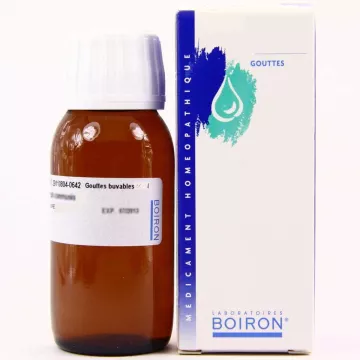
What is cumin and where does it come from?
Cumin (Cuminum cyminum) is a spice native to the Middle East and South Asia, widely used in cooking and traditional medicine for thousands of years. It takes the form of aromatic, light-brown seeds and is appreciated for its warm, slightly bitter, spicy taste.
Considered a medicinal plant, cumin is recognized for its many digestive, anti-inflammatory and antioxidant virtues. It is also an essential ingredient in Indian, Mediterranean and Middle Eastern cuisine.
What are the health benefits of cumin?
Cumin is exceptionally rich in nutrients and offers a number of health benefits:
Is cumin good for digestion?
Yes, cumin is one of the best spices for optimal digestion. It stimulates the production of bile, essential for fat absorption, and reduces digestive discomforts such as bloating, gas and intestinal spasms.
In Ayurvedic medicine, cumin is often used as an infusion after meals to relieve digestive disorders and improve intestinal transit.
Can cumin be used for weight loss?
Cumin is a thermogenic spice, which means it stimulates metabolism and promotes fat burning. Studies have shown that regular consumption of cumin powder can reduce BMI and body fat.
To benefit from its slimming effects, we recommend incorporating it into a balanced diet and combining it with regular physical activity.
Is cumin good for the heart?
Yes, cumin has cardioprotective properties thanks to its effects on :
What are the different forms of cumin and how do I use them?
Cumin is available in several forms, each with its own specific uses:
What dishes can I cook with cumin?
Cumin is a versatile spice that enhances many dishes:
Can I drink a cumin infusion?
Yes, a cumin infusion is an excellent natural remedy for digestive disorders and respiratory infections. To prepare an infusion
This infusion can be combined with ginger or lemon for an enhanced detox effect.
Does cumin have any contraindications or side effects?
Although cumin is generally well tolerated, excessive consumption can cause :
Pregnant women should use it in moderation, as some studies suggest it may stimulate uterine contractions.
Is cumin an aphrodisiac?
In some traditions, cumin is considered a natural libido stimulant. It is often combined with other spices such as cinnamon and ginger to boost energy and sexual desire.
Can cumin help combat stress and anxiety?
Yes, cumin contains compounds with relaxing effects that help reduce anxiety and improve sleep quality. Its essential oil is used for diffusion or massage for its soothing properties.